Should I Learn Trombone?
This is a very important question... but as a music teacher I'm obviously biased. Sometimes people come up to me and ask me all sorts of questions, but this is a really popular one. Should I learn trombone?
Yes! If you are interested in trombone, you should give it a shot and learn how to play it. You can rent a trombone or buy a plastic trombone for $100 and give it a shot!
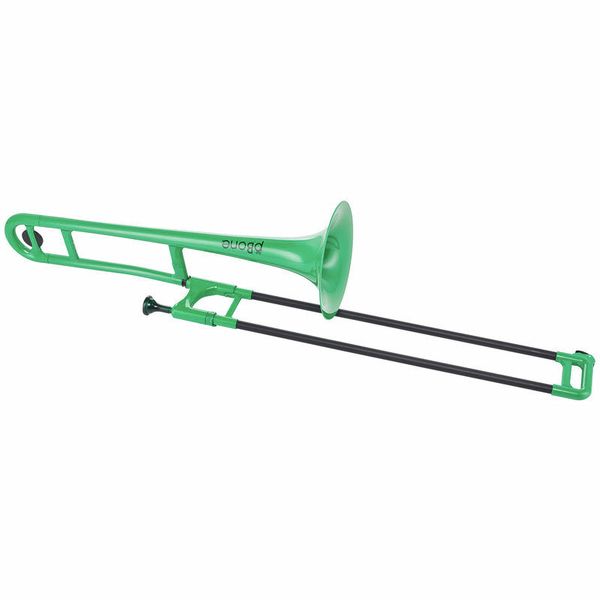
Why You Should Learn To Play Trombone
- The trombone is a unique and versatile instrument
The trombone is a unique instrument in the sense that it can produce a wide range of sounds, from soft and mellow to loud and powerful. This makes it a versatile instrument that can be used in a variety of musical genres, from classical to jazz to pop. It also has a wide range of notes, from the lowest to the highest, which allows for a great deal of expression and creativity.
- The trombone is great for ensemble playing
The trombone is a great instrument for ensemble playing, as it is an integral part of orchestras, bands, and jazz ensembles. Playing in an ensemble allows one to learn the importance of teamwork, coordination, and listening to others, which are important skills to have in any field. Furthermore, the trombone is a great instrument for learning how to blend with other instruments and how to play in harmony.
- The trombone can improve your breath control and lung capacity
Playing the trombone requires a great deal of breath control, which can help to improve your lung capacity and overall respiratory function. Additionally, playing the trombone can also help to improve your posture and overall body alignment, which can have a positive impact on your overall health and well-being.
- The trombone can help to improve your memory and cognitive function
Playing the trombone requires a great deal of memorization and mental focus, which can help to improve your memory and cognitive function. Additionally, the trombone can also help to improve your ability to multitask, which can be beneficial in other areas of your life.
- The trombone can be a great stress reliever
Playing music has been shown to be a great stress reliever and playing the trombone can be a great way to relax and unwind after a long day. Additionally, the act of playing music can be a great way to connect with others and can be a great way to form new friendships.
- The trombone is a great tool for self-expression and personal development
Learning to play the trombone can be a great way to explore your own creativity and emotions and express yourself in a unique and meaningful way. Additionally, the trombone can also be a great tool for personal development, as it allows individuals to develop discipline and perseverance, as well as confidence in their abilities. If you're interested in learning trombone or music in general, you should check out our music lessons in Plymouth.
- The trombone can deepen your appreciation for music
Understanding how the trombone works and how music is composed can help you appreciate the music you hear and make more informed decisions about what music to listen to. Additionally, learning to play the trombone can also inspire one to explore other forms of music and other instruments.

A Brief History of Jazz Trombone
Jazz trombone has a rich and storied history that spans over a century. The jazz trombone, like jazz itself, has its roots in the African American community, specifically in New Orleans. The earliest jazz trombone players were primarily African American, and they were heavily influenced by the brass band tradition of New Orleans.
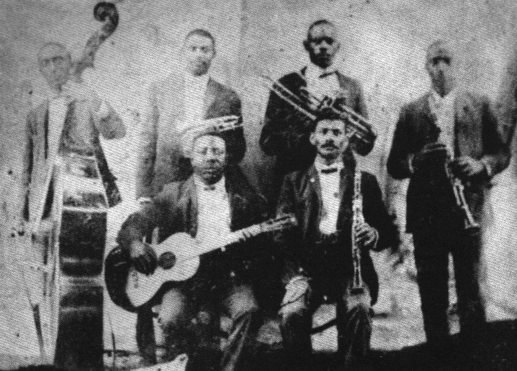
The first jazz trombone recordings were made in the early 1900s, and by the 1920s, jazz trombone had become an integral part of the jazz ensemble. Trombone players such as Kid Ory, Jack Teagarden, and Benny Morton were among the first to gain fame as jazz trombone players, and they helped to establish the trombone as a solo instrument in jazz.
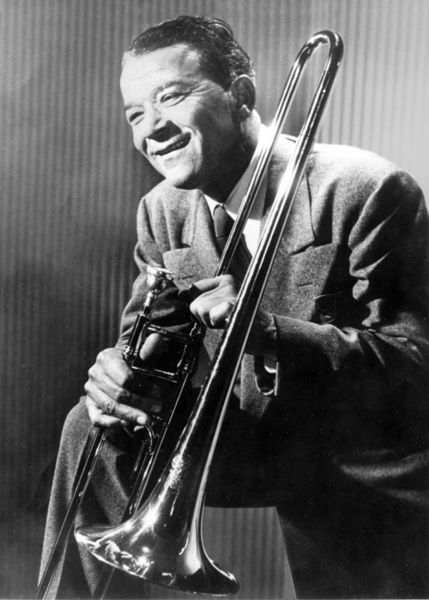
During the 1930s and 1940s, jazz trombone reached new heights of popularity, with players such as Tommy Dorsey, J.J. Johnson, and Bill Harris becoming major stars. These players helped to establish the trombone as a legitimate solo instrument in jazz and were known for their virtuosic technique and fluid phrasing.

In the 1950s and 1960s, jazz trombone experienced a resurgence in popularity, with players such as Kai Winding and Bob Brookmeyer leading the way. These players were known for their experimentation with new techniques and approaches to jazz trombone, and they helped to further establish the trombone as a solo instrument in jazz.
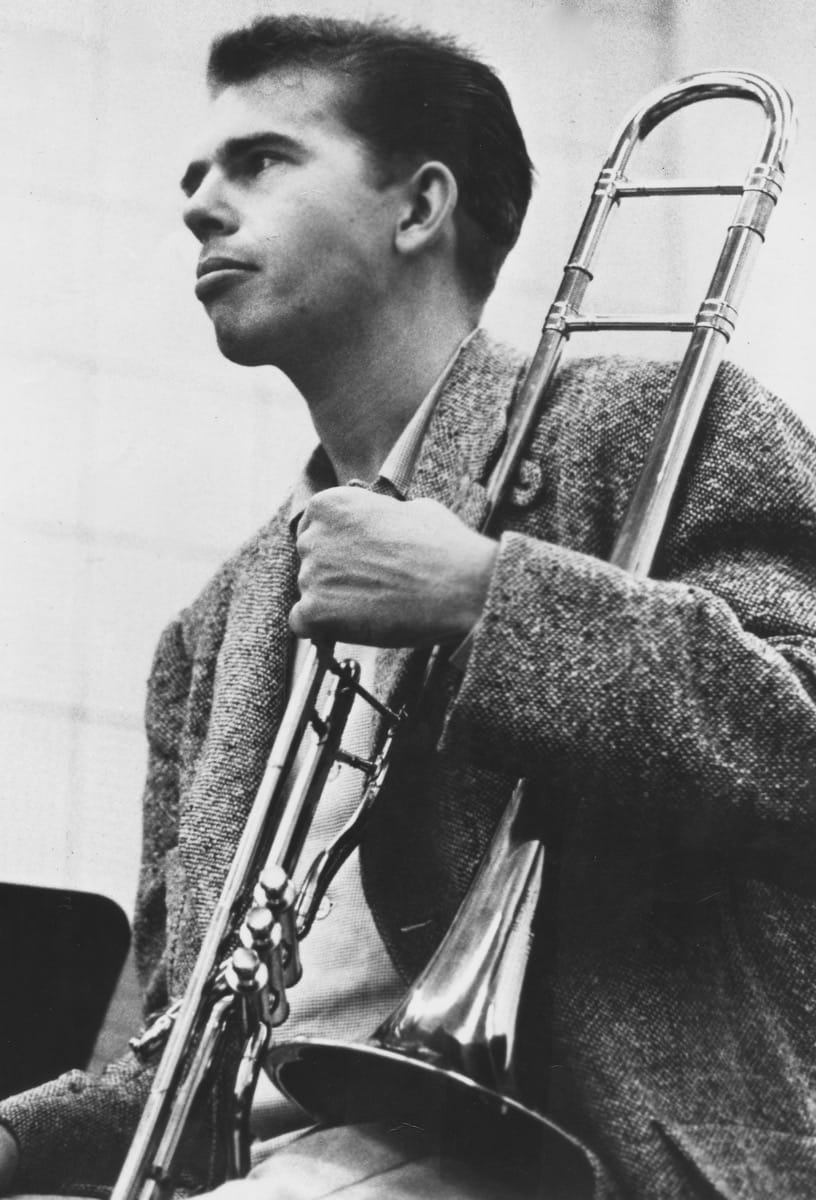
In the 1970s and 1980s, jazz trombone experienced a decline in popularity, but players such as Slide Hampton, Carl Fontana, and Benny Powell helped to keep the tradition alive. Today, jazz trombone is experiencing a resurgence in popularity, and there are many young players who are helping to keep the tradition alive.
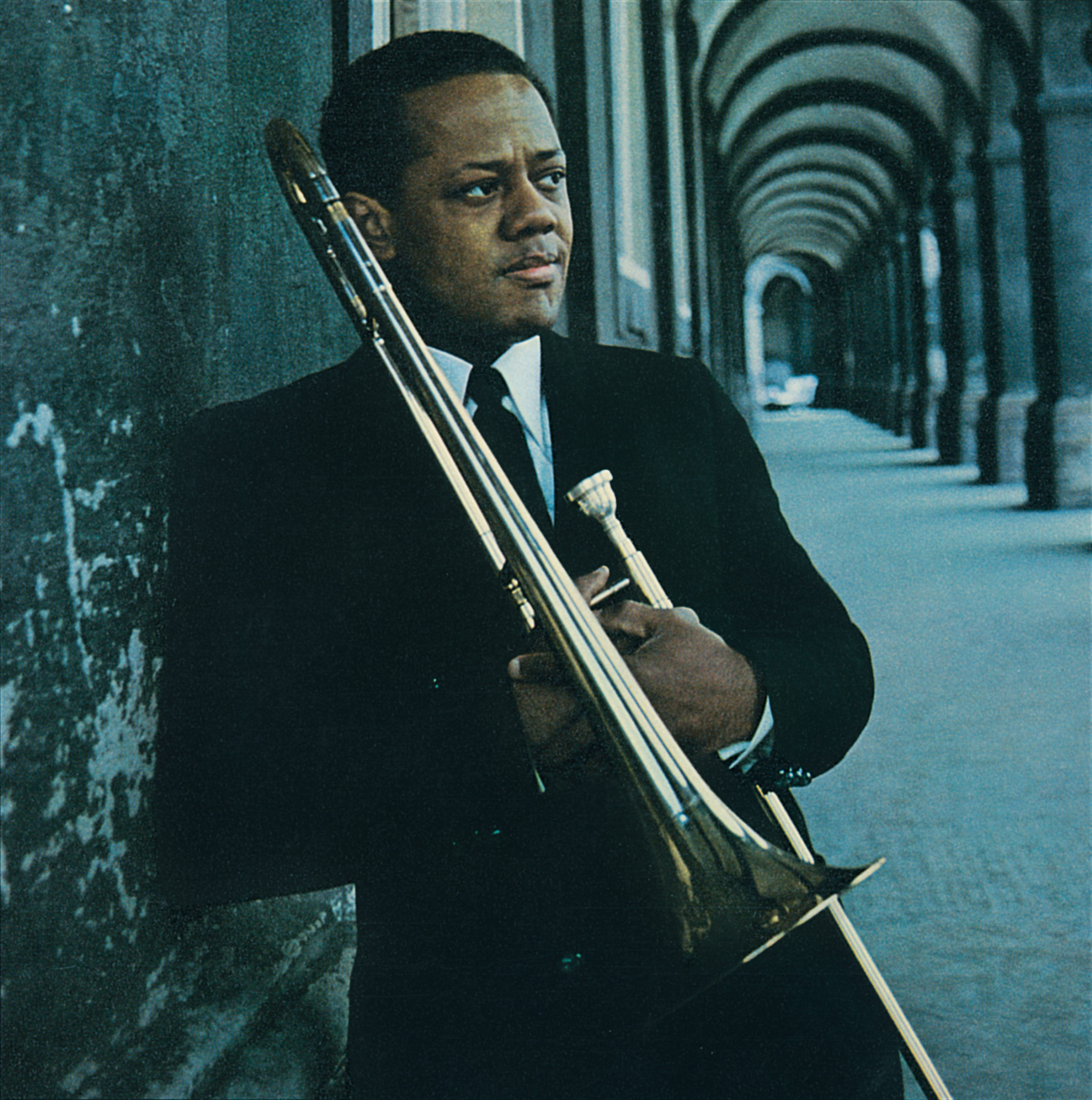
One of the most important contributions of jazz trombone is its role in the development of the bebop style. Bebop, which emerged in the 1940s, was characterized by its fast tempos, complex harmonies, and virtuosic improvisation. Trombone players such as J.J. Johnson and Kai Winding were among the first to adapt the bebop style to the trombone, and their virtuosic playing helped to establish the trombone as a solo instrument in bebop.
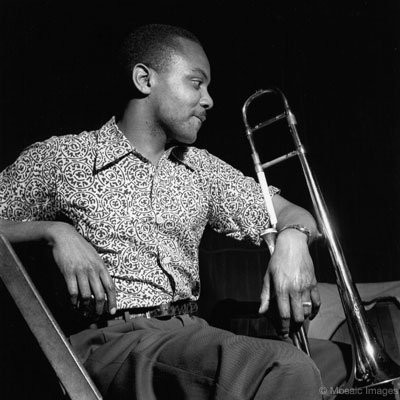
Another important aspect of jazz trombone is its role in the development of the big band sound. Trombone players such as Tommy Dorsey helped to establish the trombone as an integral part of the big band sound, and their playing was characterized by its powerful, driving sound.
Jazz trombone has also played an important role in the development of other jazz subgenres such as Latin jazz, with players like Juan Tizol, who played with Duke Ellington and Tito Puente, and Slide Hampton, who has played with Art Blakey's Jazz Messengers and many other Latin Jazz bands.
In the 21st century, jazz trombone is still a vital and active part of the jazz scene, with many young players taking up the instrument and continuing to push the boundaries of jazz trombone. From the earliest days of jazz to the present, jazz trombone has been an integral part of the jazz tradition, and it continues to be a vital and important part of the jazz landscape today.
I hope I've convinced you to learn to play the trombone. It is such a fun instrument to play and I know it brings me a lot of joy. Thank you so much for reading this article. I really appreciate it and I hope you've learned a thing or two.



